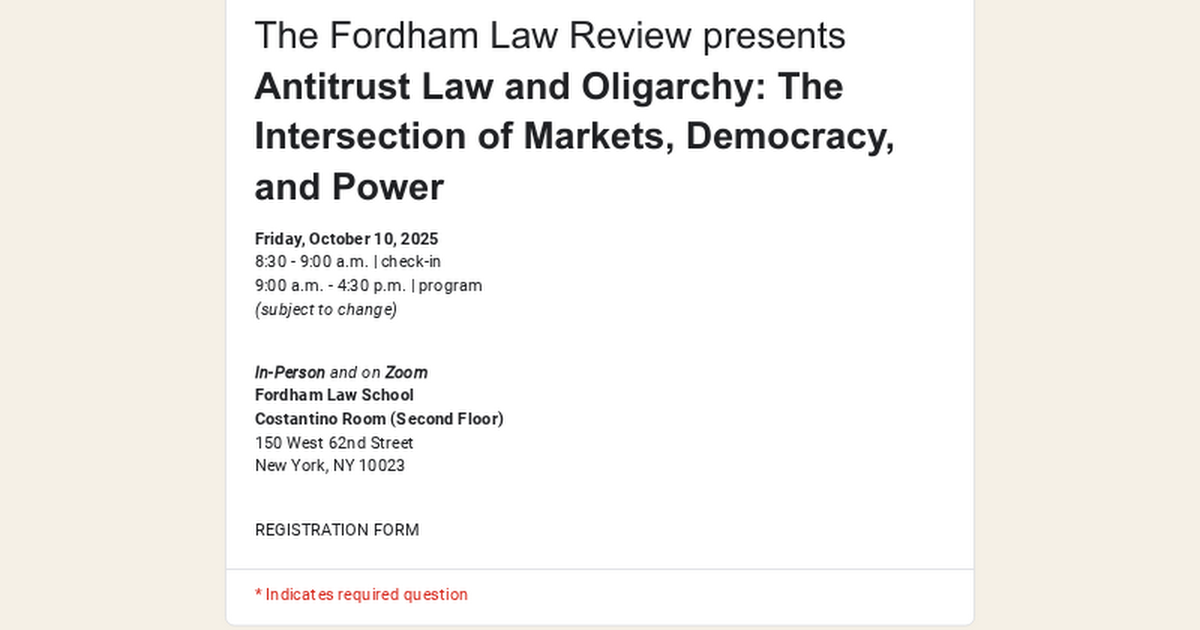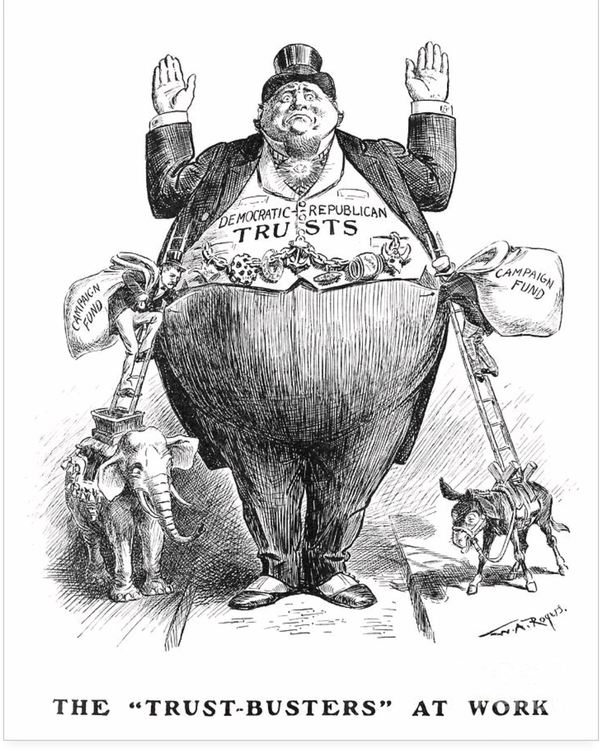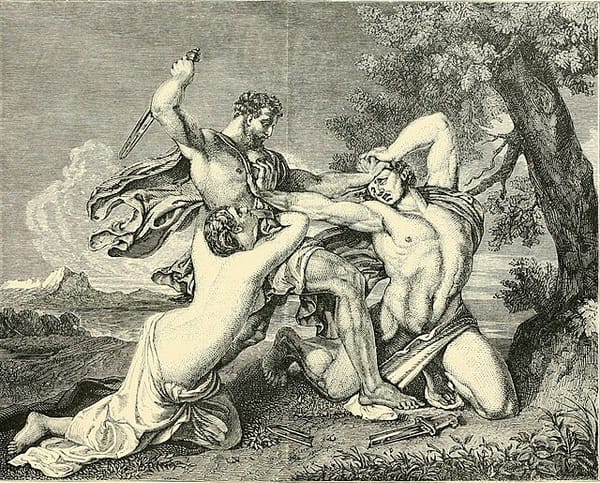Law and Oligarchy (and Farming)

Dear friends,
I've been teaching a class called The Law of Democracy for over a decade now, using a casebook that is taught around the country. As the whole structure of government teeters, and people have been disgusted with corruption for decades, it can feel a little strange, even grandiose, to call the laws governing American political processes "the law of democracy."
Whatever it is that we have now, there is a temptation to act, act, and act more, or at least engage in the simulacrum of acting (tweeting and moaning). But what we do need to be doing is thinking hard, coming together and really diagnosing what it would take for people to govern themselves. That means going beyond the daily yelling about Trump or "how Democrats can win," and instead grappling with deeper questions of structure, power, and possibility.
Last week, I had really interesting conversations about power and democracy at the Real Organic Project convening that happens every year in a round barn in Columbia County (with Marion Nestle, my favorite blueberry farmer Hugh Kent, and legend Eliot Coleman). But in my day job, I'm organizing a Fordham Law Review Symposium, “Antitrust Law and Oligarchy: The Intersection of Markets, Democracy, and Power,” which will take place on Friday, October 10, 2025, at Fordham Law School.
The event is free and open to the public, but registration is required. You can register here. It's 9 AM to 4 PM.
It's going to be an interesting day. The opening panel will bring together Helene Landemore, who writes about how we can select more representatives by lottery, instead of elections, as an anti-corruption tool with Guy Uriel-Charles, who writes about race and entrenchment and the risks of populism with Luigi Zingales, who argues that concentrated power is wholly incompatible with self-rule, and Ganesh Sitaramen, who argues that public utility law is a way to protect against oligarchy. They are going to disagree with each other, and we need to hear those disagreements.
Later in the day, there's a fireside Lina Khan, who, as chair of the FTC, demanded that we recognize the democratic role of antimonopoly traditions, will be in conversation with my colleague Oliver Sylvain, reflecting on the challenges of antitrust enforcement in this extraordinary moment of concentrated corporate power.
The New York Lieutenant Governor Antonio Delgado will be our keynote--he's been on fire recently slamming the failures of the current ways of thinking about economic and political power.

Other people on the panel include: Shaoul Sussman, Doha Mekki, John Newman, Sarah Bauerle Danzman, Theodosia Stavroulaki, Hayden Rooke-Ley, and more. These are regulators, policymakers, scholars who have thought about how to break up big medicine and the relationship between platform power and democracy.
Here's the full description:
This symposium will explore how the concentration of economic power directly shapes political society and democratic (or oligarchic) governance. As regulatory bodies, legal scholars, and policymakers grapple with how different kinds of structural reforms can address political oligarchy, this symposium will provide a critical forum for discussion. It will examine the relationship between the antimonopoly tradition and other arenas of democratic reform, consider how monopoly power in technology and health platforms affects speech, political power, and public accountability, and analyze how enforcement agencies, such as the DOJ and FTC, are confronting the challenges of oligarchic power in the modern era. This interdisciplinary symposium will bring together leading legal theorists, policymakers, and enforcers to assess evolving legal strategies for countering oligarchic structures.
Whether or not you can make it, I want to hear your ideas about the fundamental rules that govern our food system, media, AI, voting, how we make decisions. What can law do about oligarchy? What laws have enabled the current mess, and what can we do about them?
See you there and support this newsletter if you can.
Warmly,
Zephyr
PS: Can you imagine if we decided that instead of building AI data centers we should be building systems to support local farming and healthy food? You know that Larry Ellison has a half a billion dollar AI farming project on his monopolized island? And that Bill Gates owns more farmland than anyone? And that Walmart, the largest grocer in the United States, is also one of the biggest players in AI? Big Grocery is building “smart stores” with Microsoft and Nvidia, using AI to monitor shelves, adjust prices, and Nestlé and Pepsi are embedding AI in everything from marketing to “personalized nutrition.” Meanwhile Sysco is partnering with Amazon's AWS and ADM has joined hands with Microsoft to apply AI across its supply chain. So don't let anyone disconnect the food story from the AI story. Big centralized AI is deep inside the systems that run our food.



